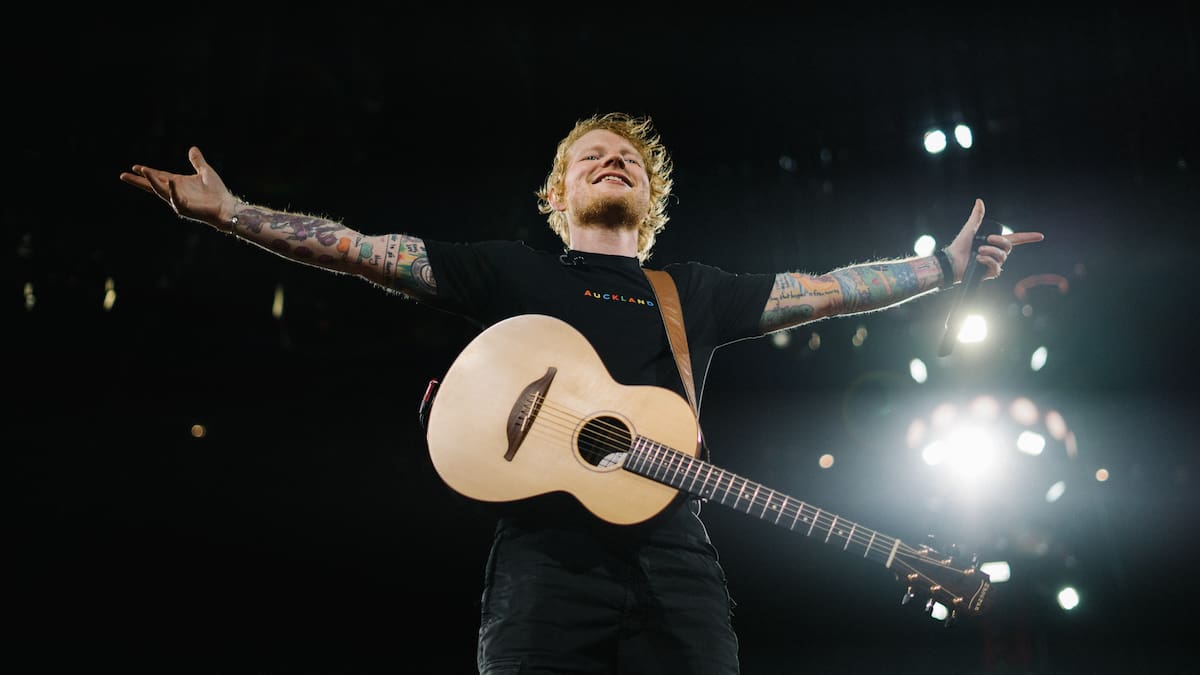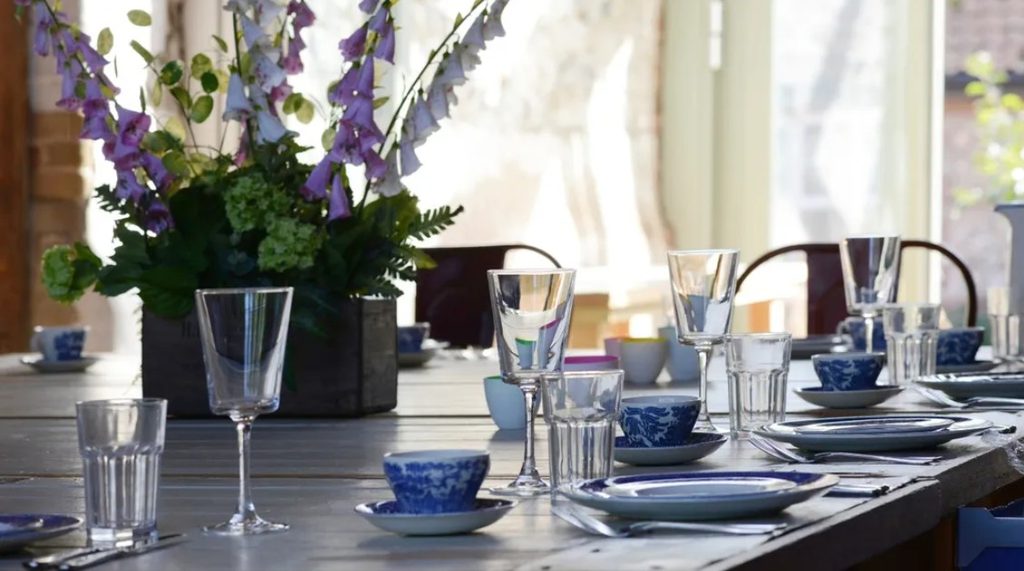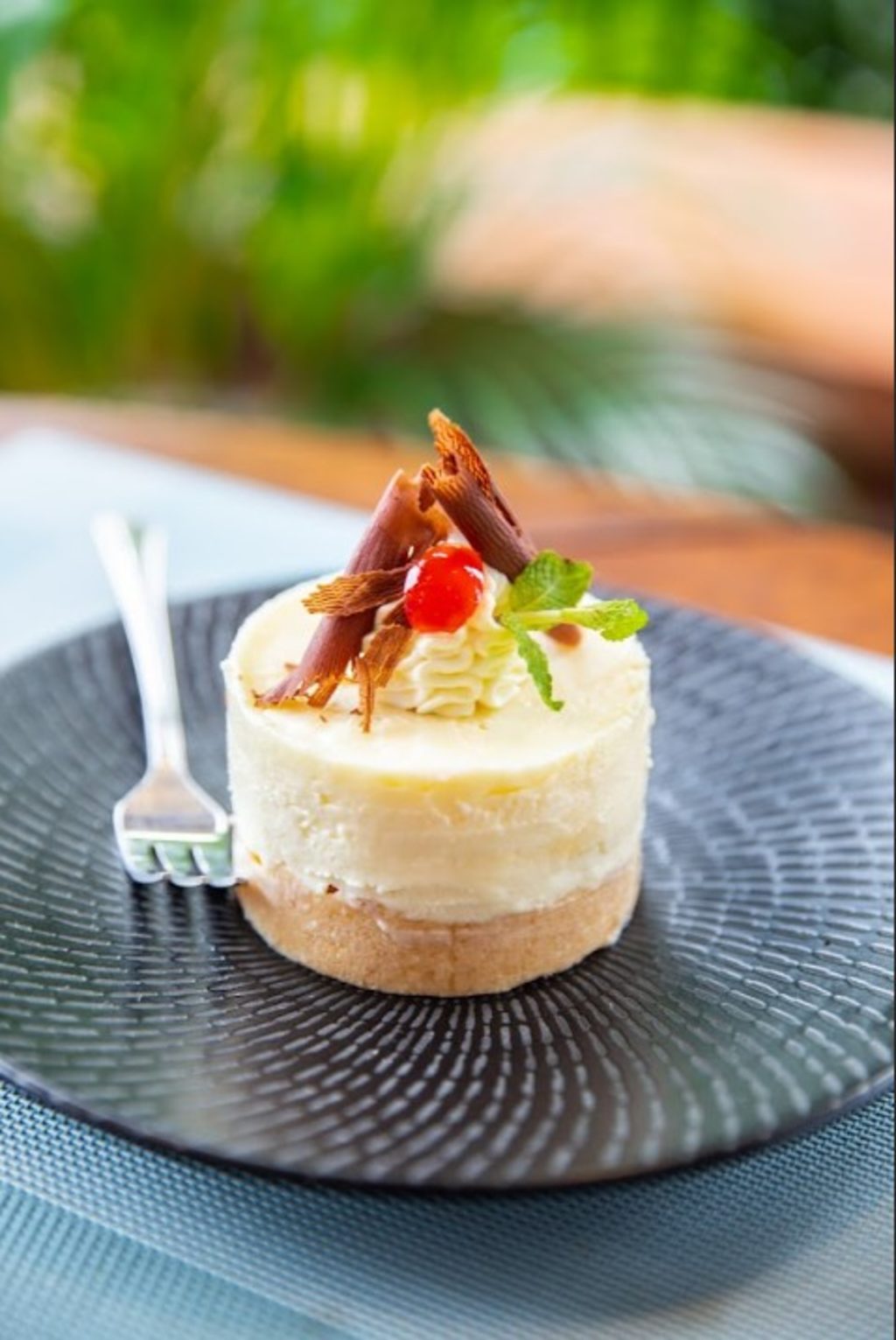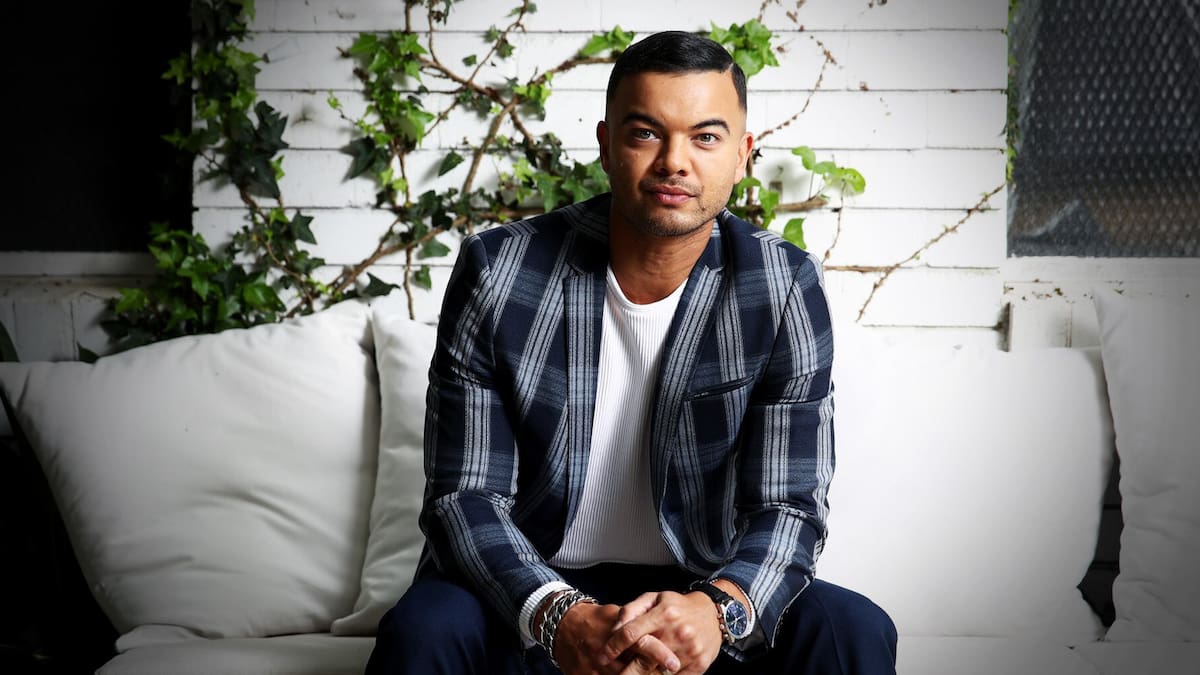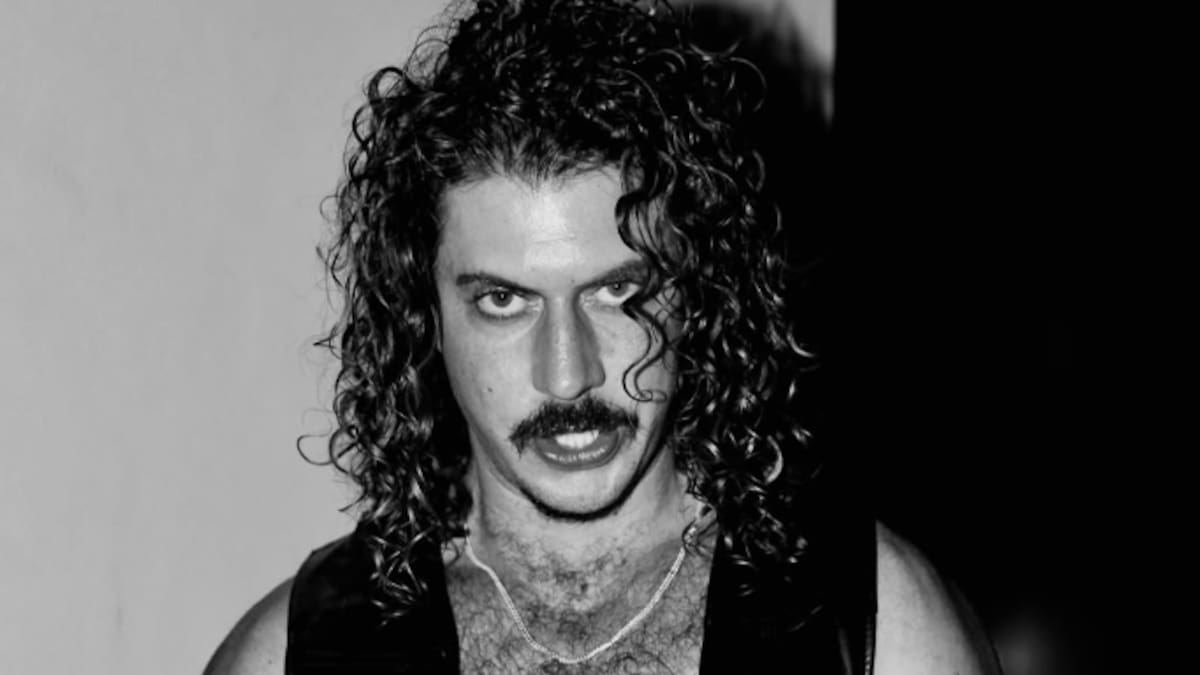“A lot of the festivals, the usual suspects are booking those acts and it looks pretty attractive in terms of the line-ups … that they have.”
Layton Lillas, president of the New Zealand Promoters Association, relayed the same optimism after speaking with others in the field.
“I’m not sensing any panic or pessimism or negativity.”
Eccles said the idea that New Zealand was overlooked by international tours had largely become outdated.
“We get a lot of shows coming here. A lot more than we used to. So, as far as the overall industry is concerned, I think it looks pretty good.”
It’s not just the superstars pulling crowds to our venues.

Smaller ones like the Powerstation and Auckland Town Hall are humming with events, giving emerging artists the space to promote themselves and grow.
“Benson Boone’s a great example. We started at the Tuning Fork [three years ago], and now we’re playing Spark Arena,” Eccles said.
The buoyant attitude follows years of instability, with the uncertainty of a global pandemic and economic stagnation hitting the events sector particularly hard.
“We’re coming out of a sort of public malaise towards buying tickets and going out, and people are buying tickets … for the things they want to go to,” Lillas said.
Even with ongoing financial challenges, Lillas said audiences were still willing to spend on entertainment, as long as the experience felt worth the cost.
“If things are falling over, it’s very simple that the proposition is not attractive enough for the price that people are expected to pay.
“And that’s for us, as promoters, to find that sweet spot.”
A key lesson from recent years is that recycled line-ups and unimaginative programmes no longer cut it.
“There’s always a place for something new and original,” Lillas said.
“But just regurgitating the same old stuff, yeah, that’s not going to always work.”
The success of Synthony’s sold-out Full Metal Orchestra over the weekend highlighted the public’s appetite for something different.
“You’re giving the public something unique, something interesting, something they haven’t seen before.

“And, what do you know, they’re paying to come see it.”
However, the past few years have created some friction around public trust.
Disruptions from global artists, such as last-minute rescheduling and cancellations, have frustrated fans who often travel across the motu and spend hundreds on flights and accommodation.
Drake postponed his two Auckland concerts mere weeks before the dates, while Travis Scott moved his midweek Eden Park concert forward by 24 hours.
Fans could have their tickets refunded, but many were still left out of pocket.
Despite these concerns, Eccles said most shows in Aotearoa were safe bets to put your money on.
“If I was a punter out there, I would be going to venues that have a history of regular performance … you’re better to stick with the tried and true.”
Promoters, too, need to be selective about who they book to avoid the responsibility of shouldering a bad deal.
“The repercussions are huge. Be prepared to walk on and go and promote someone else or … don’t invest in things that you don’t have the bank balance to actually deal with,” Lillas said.
But as summer inches closer, both Eccles and Lillas are confident that this season will be a breakthrough.
“There’s going to be a lot of shows out there … I feel very positive about it,” said Eccles.
“I think we’re in a good place,” echoed Lillas.
“There’s more than our fair share of choice of shows to attend … Hopefully it carries on like that. Long may it continue.”
Tom Rose is an Auckland-based journalist who covers breaking news, specialising in lifestyle, entertainment and travel. He joined the Herald in 2023.


